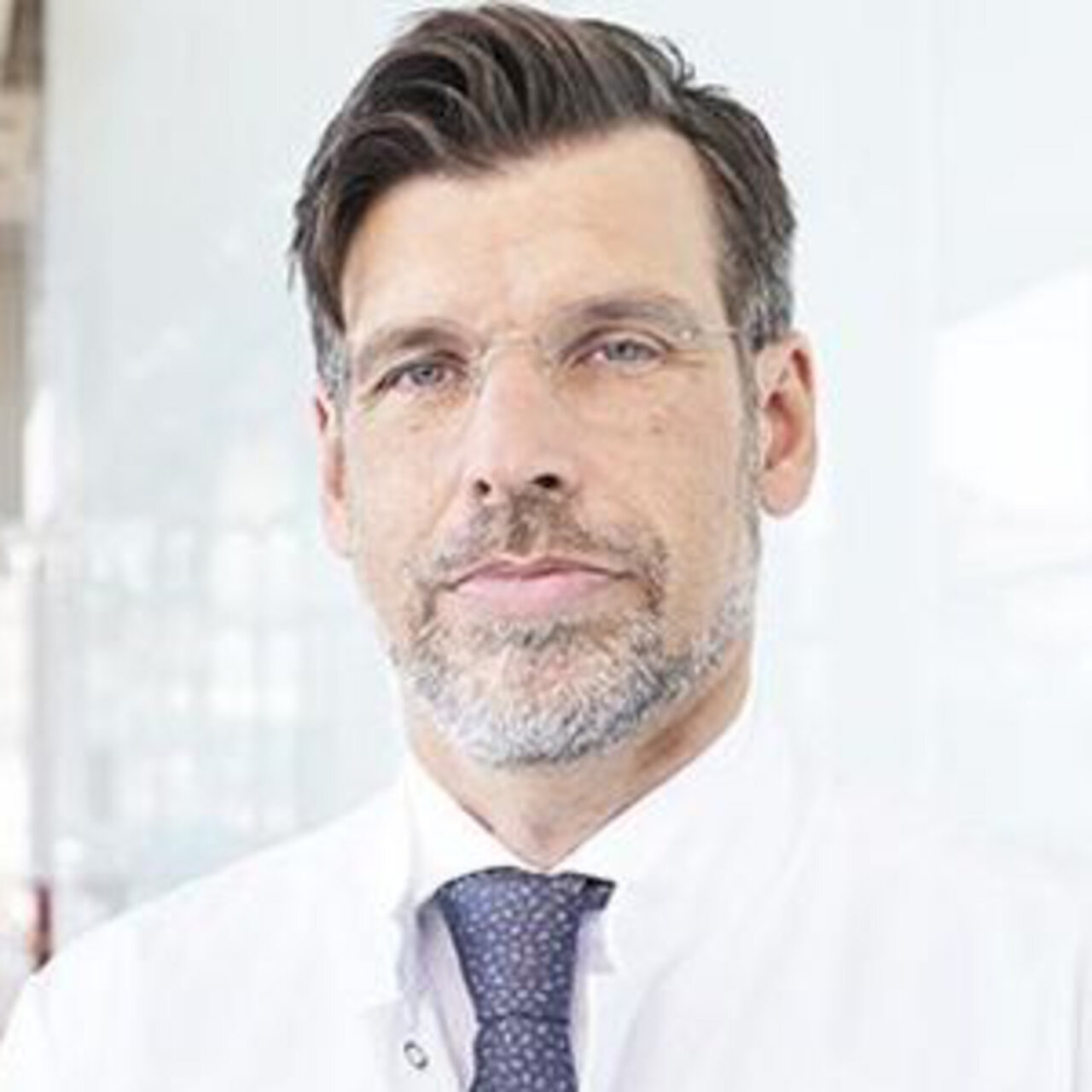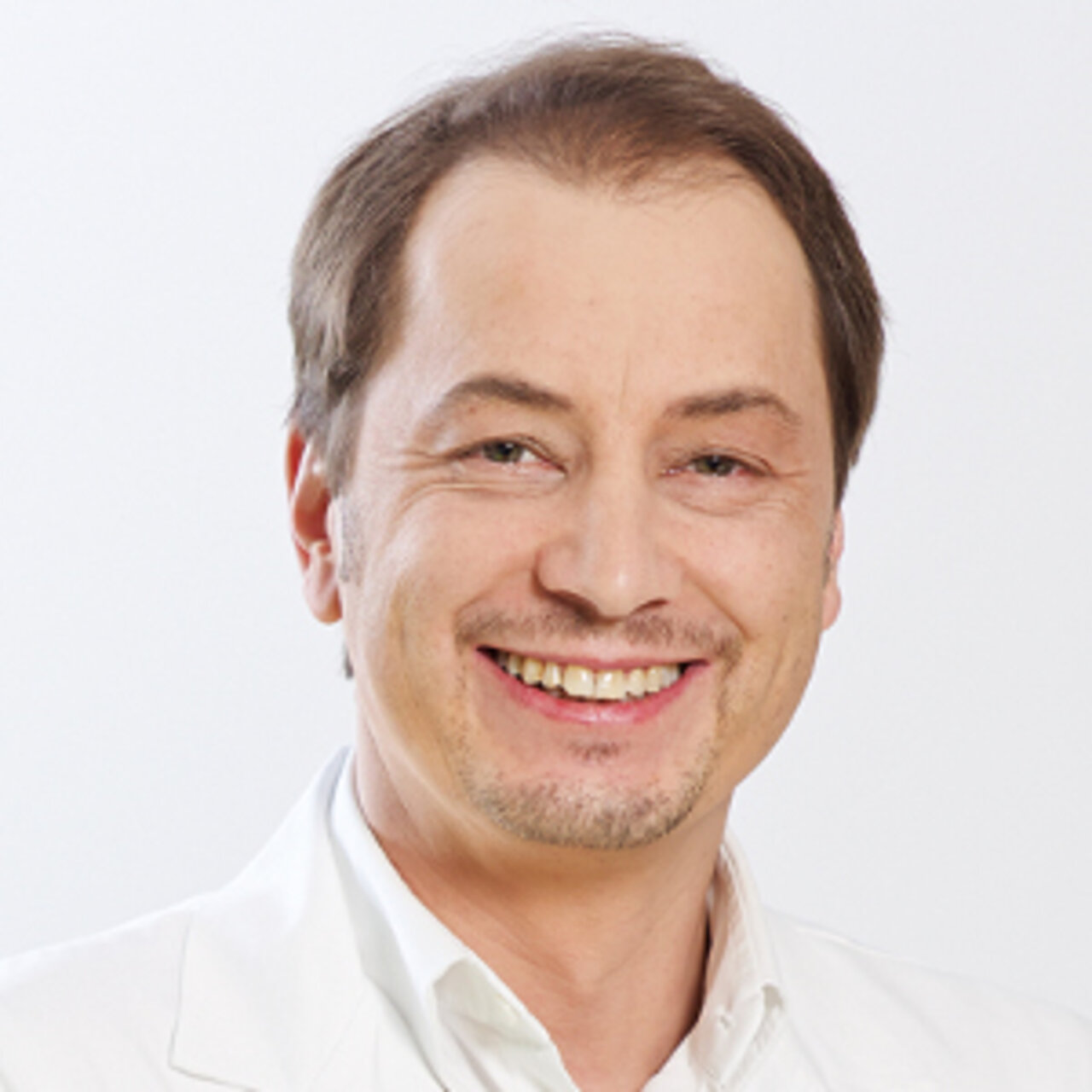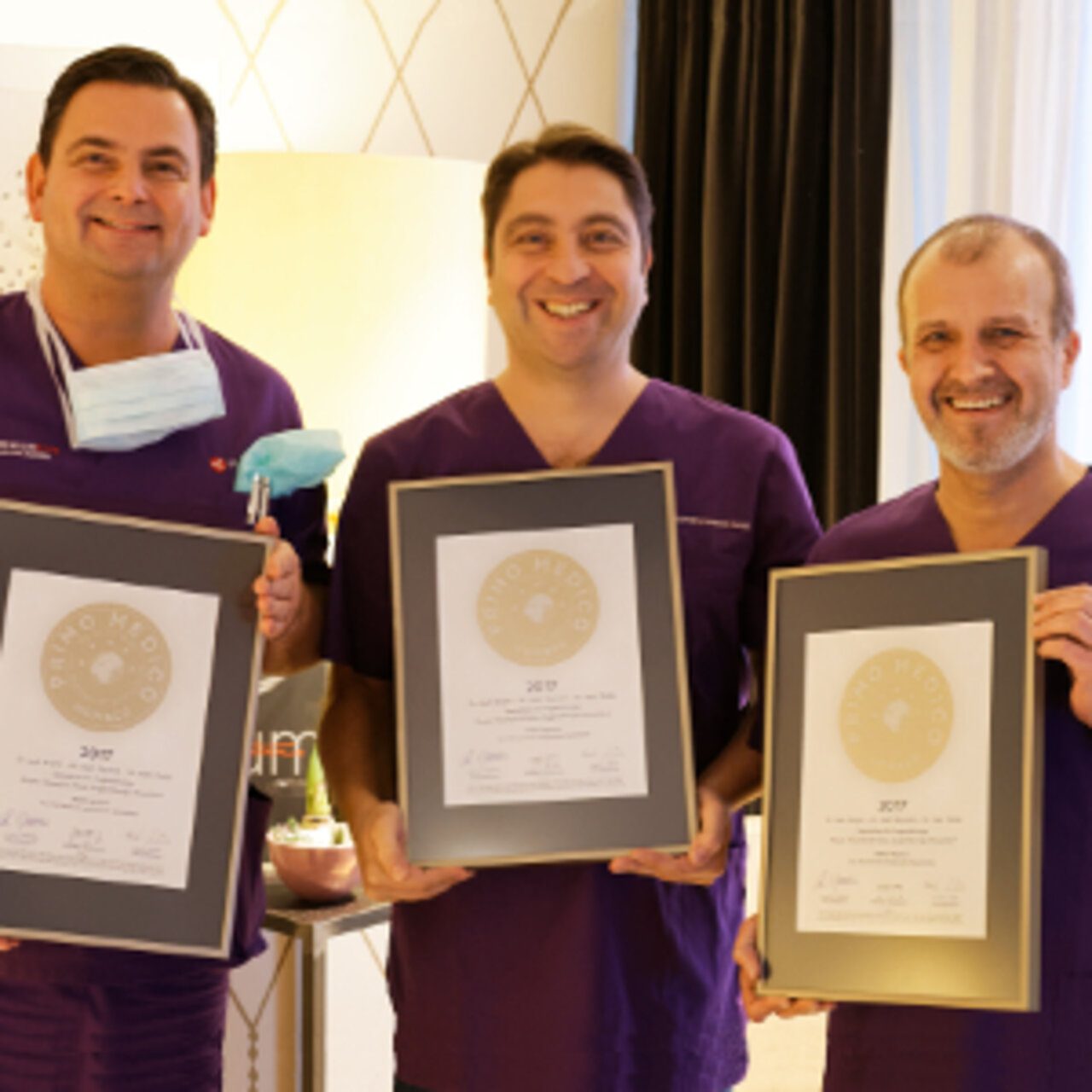Specialists in Keratoconus
4 Specialists found
Information About the Field of Keratoconus
Keratoconus - Specification
Keratoconus describes a disease in which the cornea of the eye (lat. cornea) becomes thinner and weaker over time and bulges out in a conical shape. This process is associated with a decrease in visual acuity and perception disorders. Usually, both eyes are affected, but the disease does not progress equally fast on both sides.
Causes and Forms of Keratoconus
Keratoconus is congenital and comparatively rare. Only one in 2,000 people in Germany are affected, men twice as often as women. Keratoconus frequently occurs in connection with various hereditary diseases, such as trisomy 21. What exactly causes or brings the outbreak of the disease forward has not been conclusively clarified. Studies suggest that disorders in the chemical composition of the cornea are responsible.
Keratoconus can occur in different forms: The progressive form persists for many years and is challenging to treat. Very often, the disease appears as a so-called "Forme Fruste" (less pronounced form) and remains in an early stage.
There is also acute keratoconus caused by a tearing of the posterior cornea, which leads to edema (accumulation of fluid) in the cornea.
What are the Symptoms of Keratoconus?
The patients usually notice the first symptoms at the age of 20 and 30; a progression of the disease can be observed until the age of 40 to 50. The affected persons first notice a decrease in vision. Usually, they are short-sighted. Besides, optical perception is disturbed, double images, streaks, shadows, and light reflections are supposedly "seen." The eyes are reddened and highly sensitive to light. Advanced keratoconus also causes a conical bulge of the cornea.
Treatment for Keratoconus
Mild forms and early stages can still be treated with glasses or contact lenses. However, due to the increasing deformation of the cornea and the resulting irregularity of the surface, this is not possible in more distinct stages. Special, very hard contact lenses, which straighten the surface of the eye (keratoconus lenses), can help. These often have to be combined with glasses.
Another treatment method for early stages is the so-called crosslinking treatment, in which the cornea is treated with vitamin B2 (riboflavin) and ultraviolet light. The resulting stiffening prevents progression.
Suppose the astigmatism is advanced to the extent that the loss of vision can no longer be corrected with optical aids or the crosslinking method. In that case, there is a corneal transplant, which means transplanting a donor cornea. This therapy usually achieves excellent and long-lasting results.
Which Doctors and Clinics Are Keratoconus Specialists?
Every patient who suffers from a corneal disease of the eye wants the best medical care. Therefore, the patient is wondering where to find the best clinic for keratoconus treatment.
As this question cannot be answered objectively, and a reliable doctor would never claim to be the best one, we can only rely on the doctor’s experience. The more keratoplasties are carried out; the more experienced the doctor becomes in this field.
Keratoconus specialists are ophthalmologists who specialize in diseases of the cornea of the eye. Due to their experience and many years of working as ophthalmologists focusing on corneal diseases, they are the right professionals to contact for treatment of keratoconus.
Sources:
https://augenchirurgie.clinic/erkrankungen/hornhaut-keratokonus
https://www.augenheilkunde.de/augenheilkunde/2/keratokonuskeratektasie.html
http://augen.uniklinikum-dresden.de/pdf_dateien/vortraege/Behandlung_des_Keratokonus.pdf



